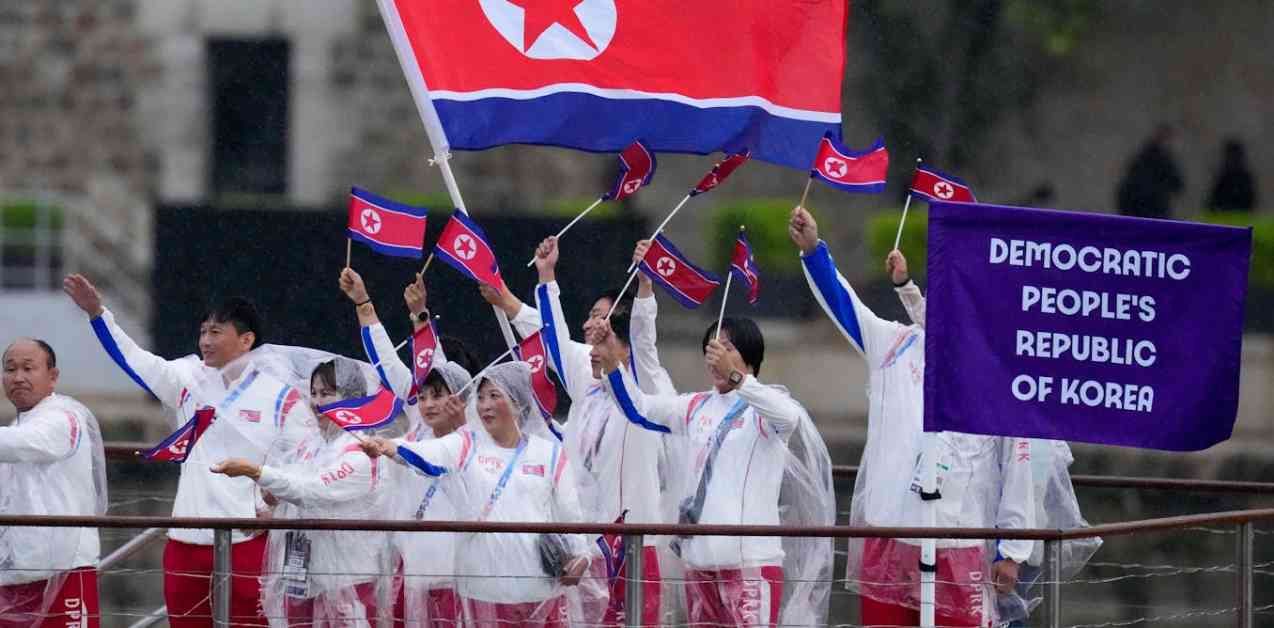Athletes from North Korea are back at the Olympics after an eight-year absence. The International Olympic Committee suspended the country for the 2022 Winter Olympics, but now North Korean Olympians are in Paris for the Summer Games. They are not only aiming to win medals but also to rebuild trust with the Olympic family.
North Korea sees the Olympics as a crucial platform to engage with the global community due to its diplomatic isolation. The IOC has been an important partner for North Korea, providing funds to develop sports in the country through the Olympic Solidarity Programme. These funds were stopped during North Korea’s suspension, so the Paris Olympics present an opportunity for the country to restore its relationship with the IOC and secure much-needed funds.
Increasing its voice and visibility within the IOC is seen by North Korea as a way to enhance its international standing. Former North Korean athlete Chang Ung played a key role in maintaining the link between North Korea and the IOC until his retirement in 2018. The current Minister of Sport, Kim Il-guk, may be poised to continue this work and become a member of the IOC.
The North Korean delegation at the Paris Olympics has already won five medals. Despite their success, the delegation is very particular about the correct announcement of their nation’s name. The DPRK is the preferred name for North Korea, representing their sovereignty, which South Korea does not fully acknowledge.
While North Korean athletes are competing for glory, they are also competing for the dignity of their nation. The absence of North Korean weightlifters from the Olympics, despite weightlifting being a major sport in the country, raises concerns about doping allegations. North Korean weightlifters have not been tested for doping since 2019.
North Korea faces a challenging situation with Russia’s announcement of the World Friendship Games in 2025. As one of North Korea’s closest allies, Russia expects Pyongyang to participate in the event. However, the IOC is likely to penalize any athletes who take part in the rival competition. North Korea will need to navigate this political puzzle carefully to avoid losing credibility with either party.
In conclusion, North Korea’s return to the Olympics is a positive development, but the country must carefully balance its relationships with the IOC and Russia to maintain its standing in the international sports community. The coming months will reveal how North Korea manages this delicate situation.
